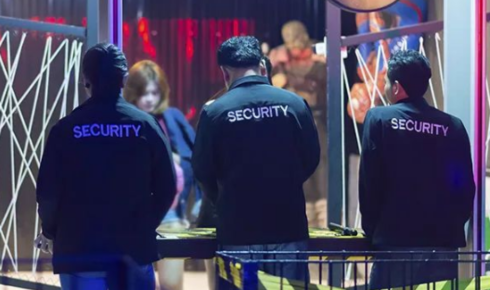Keeping modern facilities safe isn’t just about locks and surveillance cameras anymore. In today’s world, buildings need a more active and responsive layer of protection. Whether it’s a corporate office, retail store, hospital, or warehouse, facility security must evolve to handle complex challenges. That’s where human presence makes the difference—offering not just eyes, but decision-making power. This is where security guard services step in as a key part of the protection puzzle.
Real-Time Human Intervention Matters
Technology is fast, but it doesn’t always understand context. A camera can record a break-in, but it won’t stop it. An alarm may scare someone off, but it can’t question or redirect them. Security guards can do both. They act in real time, interpreting situations, giving directions, or making judgment calls when needed. This hands-on capability becomes essential in environments where fast decisions save time, money, or even lives.
Visible Presence Through Security Guard Services
Security guard services refer to professionally trained personnel responsible for the physical protection of people and property. Their presence alone serves as a visible deterrent against crime or disorder. People are less likely to cause trouble when they know someone is watching and ready to intervene. It also makes visitors, staff, or residents feel more at ease, knowing there are professional security guards nearby to turn to if something feels off. That peace of mind is part of the unseen value they bring.
Customized Protection Plans With Security Guard Services
Every facility has its unique security needs. What works for a construction site won’t suit a medical clinic or an art gallery. The security guard services often begin with a risk assessment and then create a tailored strategy. Guards might patrol perimeters, manage access control, check IDs, or escort staff during late-night shifts. This flexibility is what makes the service stand out. In the end, it’s not just about guarding a door—it’s about understanding and adapting to the space being protected.
Preventing Incidents Before They Escalate
A major advantage of having trained guards is their ability to detect and de-escalate trouble before it turns into a full-blown emergency. A suspicious individual lingering too long, a visitor in the wrong area, or an employee under stress—these small signs are often missed by automation. But a good guard notices and acts. These proactive measures reduce potential loss and keep operations running without disruption. The keyword benefit here is simple: fewer problems and faster solutions, thanks to human awareness.
Supporting Emergency Situations With Confidence
When emergencies strike, from medical incidents to fires or active threats, security guards often become first responders. Their training helps them stay calm and make split-second decisions that others might panic through. They direct evacuations, assist people in distress, and communicate with emergency services. This immediate response isn’t just helpful—it’s often critical.
Creating A Culture Of Safety Within Facilities
Security isn’t just a service—it’s an atmosphere. When staff and visitors see security guards as approachable professionals, they’re more likely to report suspicious behavior, ask questions, or follow protocols. This builds a cooperative environment where people actively participate in keeping things safe. It moves the idea of safety from a background system to a shared value.
Conclusion
The role of security guard services in modern facility protection is both practical and powerful. They offer more than just watchful eyes—they provide presence, judgment, and quick action in ways technology alone cannot. By blending routine patrols with emergency readiness, and by creating a culture of safety, these professionals make a visible and lasting impact.

